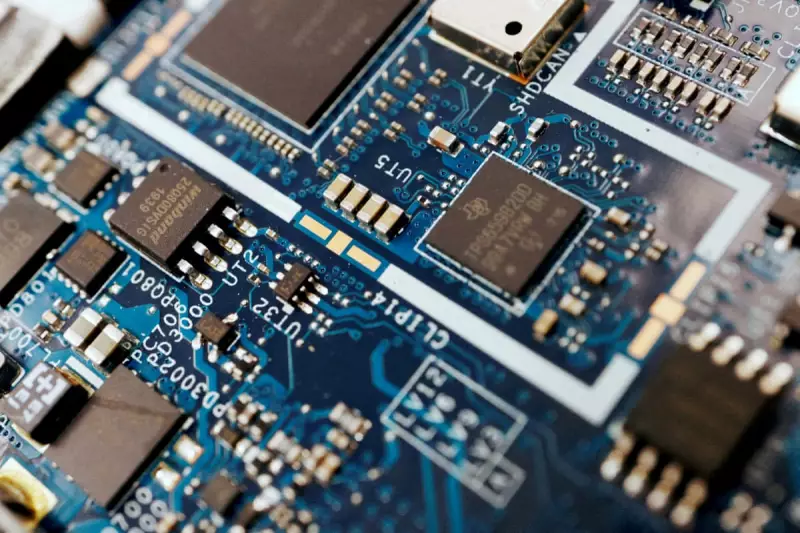
Senior US officials are privately indicating that the Trump administration may postpone implementing long-promised semiconductor tariffs, potentially delaying a cornerstone of the president's economic agenda, according to multiple sources familiar with the matter.
Behind the Scenes: Shifting Tariff Timelines
Officials have conveyed these messages to stakeholders in both government and private industry over recent days, with at least four individuals confirming the administration's more cautious stance. The discussions, which haven't been previously reported, reveal significant concerns about provoking China and disrupting global trade flows.
According to sources speaking anonymously to discuss sensitive policy deliberations, Trump aides are deliberately taking their time on chip tariffs to prevent a rupture with Beijing. Such a breakdown could trigger a return to tit-for-tat trade measures and potentially disrupt the supply of critical rare earth minerals essential for modern technology.
Economic and Political Considerations
The timing of this potential delay comes at a sensitive moment for President Trump. The Republican leader faces growing consumer anxiety about prices as the holiday shopping season approaches. Implementing triple-digit tariffs on semiconductors could increase costs for consumers across a wide range of products from refrigerators to smartphones.
Despite the apparent hesitation, sources caution that no final decision has been made and that substantial tariffs could still be imposed at any time. The administration maintains its commitment to reshoring manufacturing deemed critical to national and economic security.
Trump originally announced in August that the United States would impose tariffs of approximately 100% on semiconductor imports, though companies manufacturing in the US or committed to doing so would receive exemptions. Private communications from Washington officials in recent months had suggested these tariffs would be rolled out imminently, but that guidance has now changed as internal debates continue.
Administration Response and International Context
When questioned about these discussions, both White House and Commerce Department officials disputed that the administration had adjusted its position. "That is not true," stated a White House official, without specifying what aspect was incorrect. "The administration remains committed to reshoring manufacturing that's critical to our national and economic security."
A Commerce Department official similarly denied any policy change regarding semiconductor tariffs under Section 232 authorities. Neither official provided details about when tariffs first threatened early in the Trump administration might be finalized.
The potential slowdown comes as Trump attempts to maintain a delicate trade truce with China, a dominant manufacturer of both semiconductors and the electronic devices they power. Last month's meeting between Trump and Chinese President Xi Jinping in Busan, South Korea resulted in an agreement to temporarily set aside trade disputes.
However, during those Korean discussions, US officials reportedly warned their Chinese counterparts that Washington might take national security measures in coming months that Beijing would find objectionable, according to two people familiar with those exchanges.
The Trump administration initiated investigations into semiconductor and pharmaceutical imports in April, arguing that extensive reliance on foreign production poses national security threats. The president has consistently bet that tariffs can revive domestic factory jobs lost over decades to countries including China.





